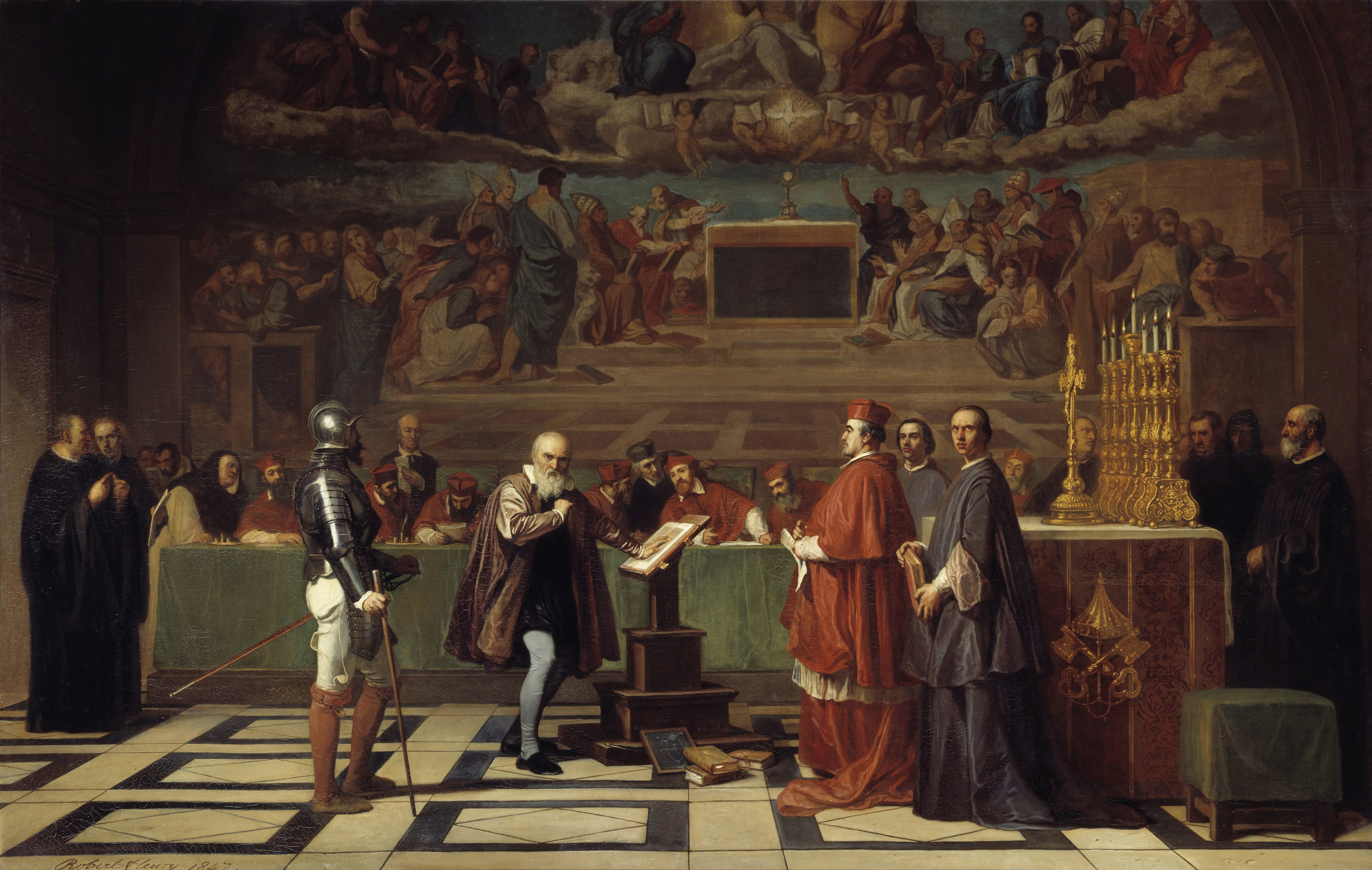Galileo Galilei Convicted of Heresy Suspicion in 1633 Over Heliocentric Views

The 17th century witnessed a profound clash between emerging scientific thought and established religious doctrine, epitomized by the trial of Italian astronomer Galileo Galilei. A recent social media comment by user "paula" rhetorically questioned, > "you know which other astronomer got publicly dragged for focusing on the wrong body," alluding to historical figures who faced public condemnation for their scientific pursuits. This sentiment resonates strongly with the enduring legacy of Galileo, who was prosecuted by the Roman Inquisition for his advocacy of heliocentrism, the theory that the Earth revolves around the Sun.
Galileo's telescopic observations, detailed in his 1610 work Sidereus Nuncius, provided compelling evidence supporting Nicolaus Copernicus's heliocentric model. Discoveries such as the phases of Venus and the moons of Jupiter challenged the long-held geocentric view, which positioned Earth as the immovable center of the universe. This established belief was supported by interpretations of biblical scripture and the prevailing Aristotelian scientific consensus, which lacked observational proof of Earth's motion.
The controversy escalated in 1616 when the Roman Inquisition declared heliocentrism "foolish and absurd in philosophy, and formally heretical." Galileo was formally admonished by Cardinal Robert Bellarmine, instructing him to abandon, teach, or defend the Copernican doctrine. Despite this, Galileo continued his work, publishing Dialogue Concerning the Two Chief World Systems in 1632, which implicitly defended heliocentrism. This publication, perceived as a direct challenge, led to his summons before the Inquisition.
In 1633, Galileo faced trial in Rome. He was found "vehemently suspect of heresy" for holding and defending the heliocentric doctrine, which was deemed contrary to Holy Scripture. As a result, Galileo was forced to recant his views and was sentenced to house arrest for the remainder of his life. His Dialogue was banned, along with any future publications.
The historical context reveals a complex interaction: while Galileo's scientific arguments were strong, conclusive observational proof of Earth's motion (like stellar parallax) was still lacking, making it difficult for the scientific community of the time to fully abandon geocentrism. Galileo's confrontational style and perceived defiance of Church authority also played a significant role in his condemnation. It was not until 1758 that the Catholic Church removed the general prohibition of heliocentric books from its Index of Forbidden Books, and only in 1992, over 300 years after his conviction, did Pope John Paul II formally acknowledge the Church's error in condemning Galileo.